 I've been working on Albion's Seed and have now learned some things about my maternal grandfather's side of the family, the Cavaliers who migrated from south and west England to Virginia. My ancestors came from Kent, one of the eastern most counties in England. Which is interesting -- my Puritan ancestors came from Devonshire, which was one of the western most counties.
I've been working on Albion's Seed and have now learned some things about my maternal grandfather's side of the family, the Cavaliers who migrated from south and west England to Virginia. My ancestors came from Kent, one of the eastern most counties in England. Which is interesting -- my Puritan ancestors came from Devonshire, which was one of the western most counties.This part of my family followed naming customs in Virginia, as had the Puritans in Massachusetts. Children were named, not after Biblical figures, but for kings and heroes. My great-aunt Julia, a name from Rome; Williams and Edwards abound in the family tree. Even the fact that my grandfather had no sons who survived infancy and so Forrest was given his last name as a middle name is a part of this naming tradition. My father's people, who came to the US in the 19th century, came from Sussex, which is next to Kent and followed the same naming customs. My father was Roland Charles, his father was Roland Charles, his father was Roland Charles -- and one of my brothers was Roland Charles. Roland the knight from the poem, Childe Roland To the Dark Tower Came, by Robert Browning and Charles, the king; and naming sons after fathers.
Where Puritans revered age, Cavaliers respect seniority. In Massachusetts once you were 60, you were an elder. In Virginia, if you were the eldest you received respect. Although Virginia was a very hierarchical society, with a wide range of ranks from high aristocracies through slaves, a young aristocrat would show at least nominal respect to an older freeman, calling him Gaffer and deferring to his judgement.
Children in Virginia were not treated with the same equality as the Puritan children were. Boys were expected to develop a strong will, but to discipline it so that they could discipline their inferiors. Girls were expected to be deferent and sweet and ladylike. Of course, with boys being bred for willfulness, some of the girls were as well. Melonie might have been the ideal southern woman, but Scarlett was recognizable. In my family, it is interesting that the great-grandmother who would not promise to obey when she married was the one from the south. In Fischer's book he mentions southern women in the very early years of the colony who stood in church and when it came to the vows repeated "Not obey" until it was accepted that this woman would not obey.
The tragedy of southern families was the unhealthiness of the region, which led to a very high mortality rate. Where the Puritans could expect to live long lives because of the healthiness of the region they had settled, Cavaliers lost many children and as a rule died young.
My family seems not to have been influenced as much by its Cavalier roots as by its Puritan. And I can say that I'm glad. Almost the first law passed in Massachusetts was the poor law, which forbade anyone be allowed to be hungry. The Puritans taxed themselves higher and supported education from the beginning. The Cavaliers worked hard to prevent literacy among their inferiors (which included the highest ranked women), since reading led to the questioning of authority and Cavalier society was built on accepting authority. Women and men were almost equal in Massachusetts, as unequal as they could be in Virginia. Puritans were given land when they arrived, and although some had more than others, it was not by much. They were a very egalitarian society, working to accept only the middle of the caste system from England. Cavalier aristocracy received huge land grants; hardly anyone else received any. All ranks were encouraged to immigrate, for how else could the aristocracy maintain its position and be served by lower ranks? Massachusetts not only punished rape, the penalty was often death. Virginia had a "boys will be boys" attitude that tolerated rape of inferiors and so thoroughly punished even the slightest crime against superiors that although violence against equals and inferiors was common, against superiors it was almost unheard of.
The Laughing Cavalier by Franz Hals
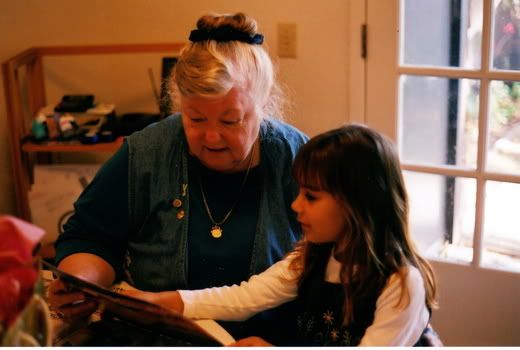
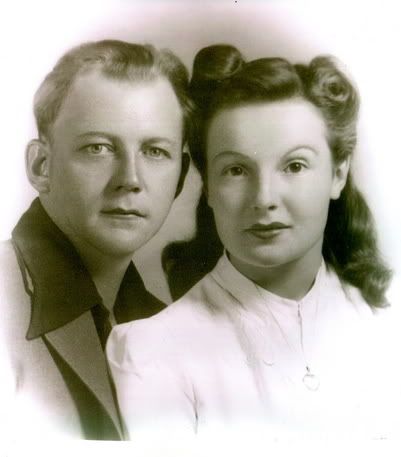
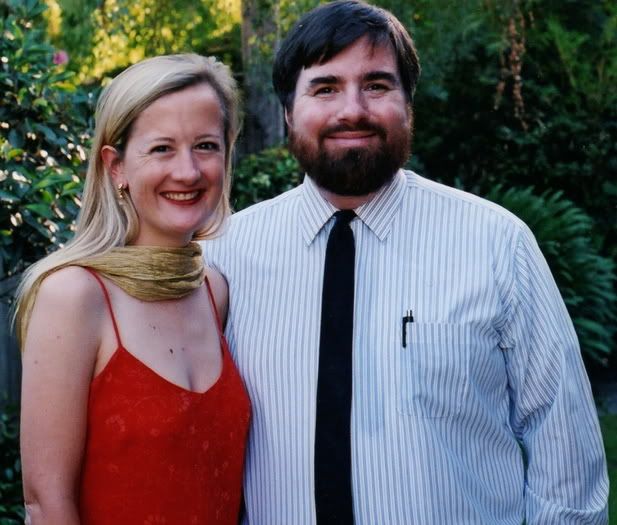
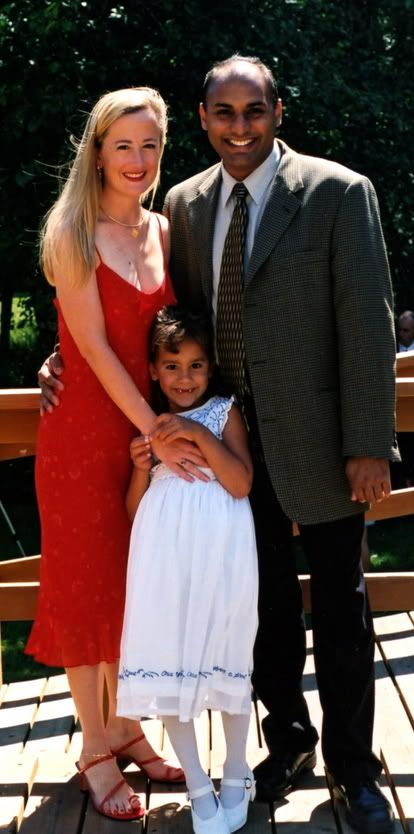
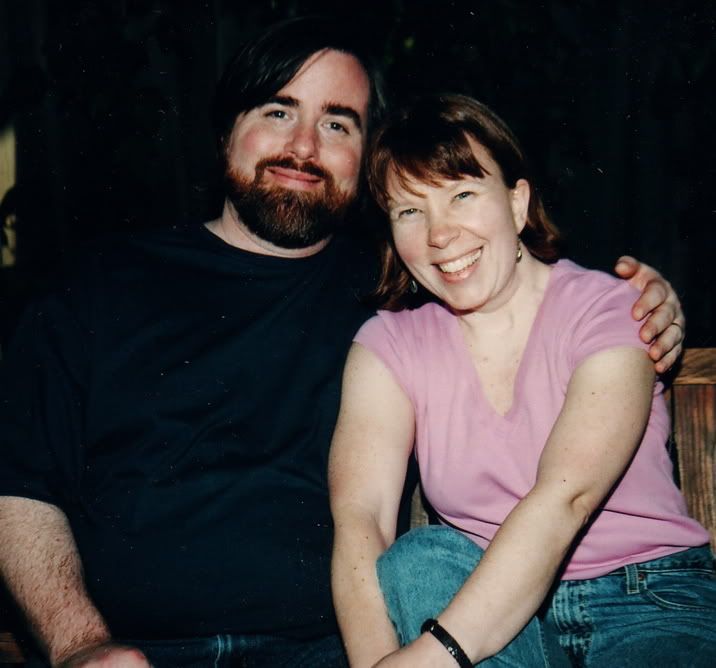













3 comments:
What interesting stuff, and how people from the same country can have such different attitudes...I mean, people all from England, which seems so small and homogeneous to modern America.
Very interesting post. It makes a lot of sense that people from different regions would bring different influences with them. I just might look in to it in my family.
The side of the family that I most resemble and whose name I carried at birth came from what is Belgium today, Walloons fleeing religious persecution and settled in New Amsterdam NYC today. It is amazing how much information is available when you get onto a genealogy site which I did last summer in trying to find another grandfather's grave. I figured if I was going to pay, then might as well get as much info as I could. It had never mattered to me but it might to future generations. The stories kind of fit with the family myths although some had been tweaked :)
Post a Comment